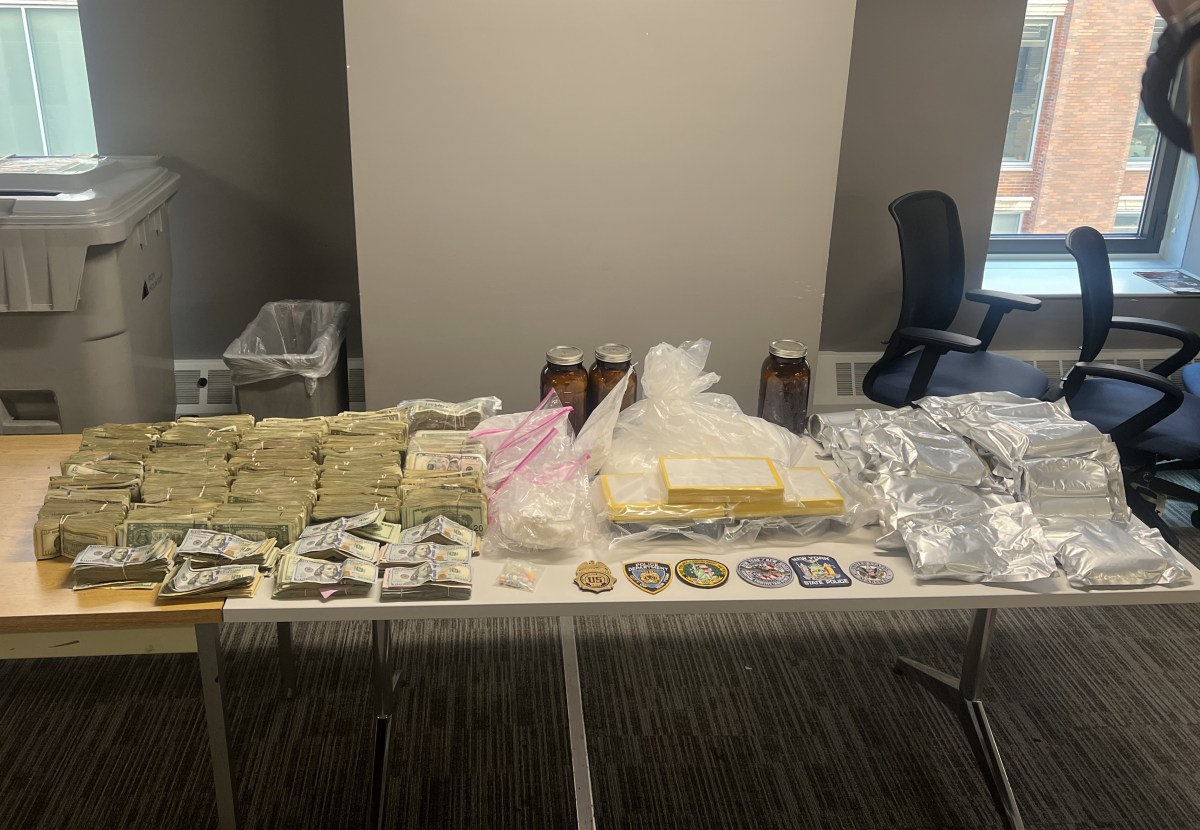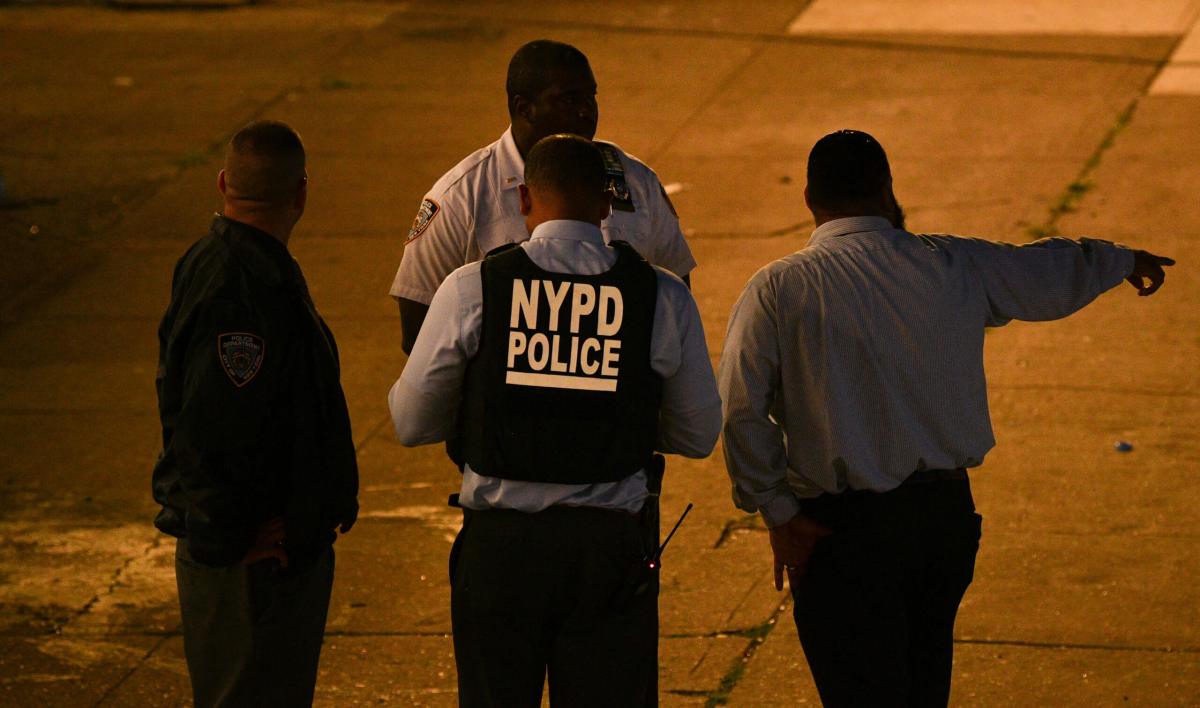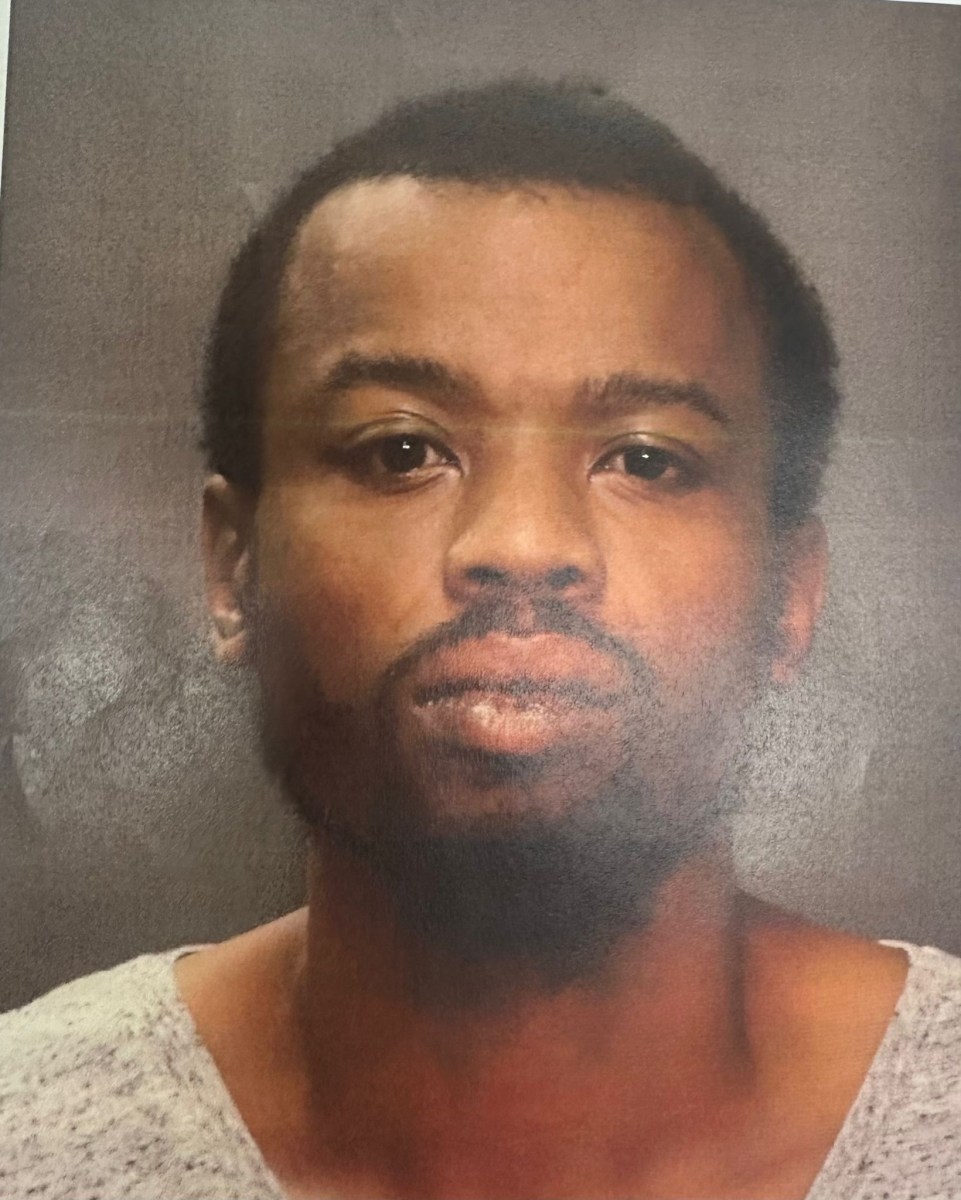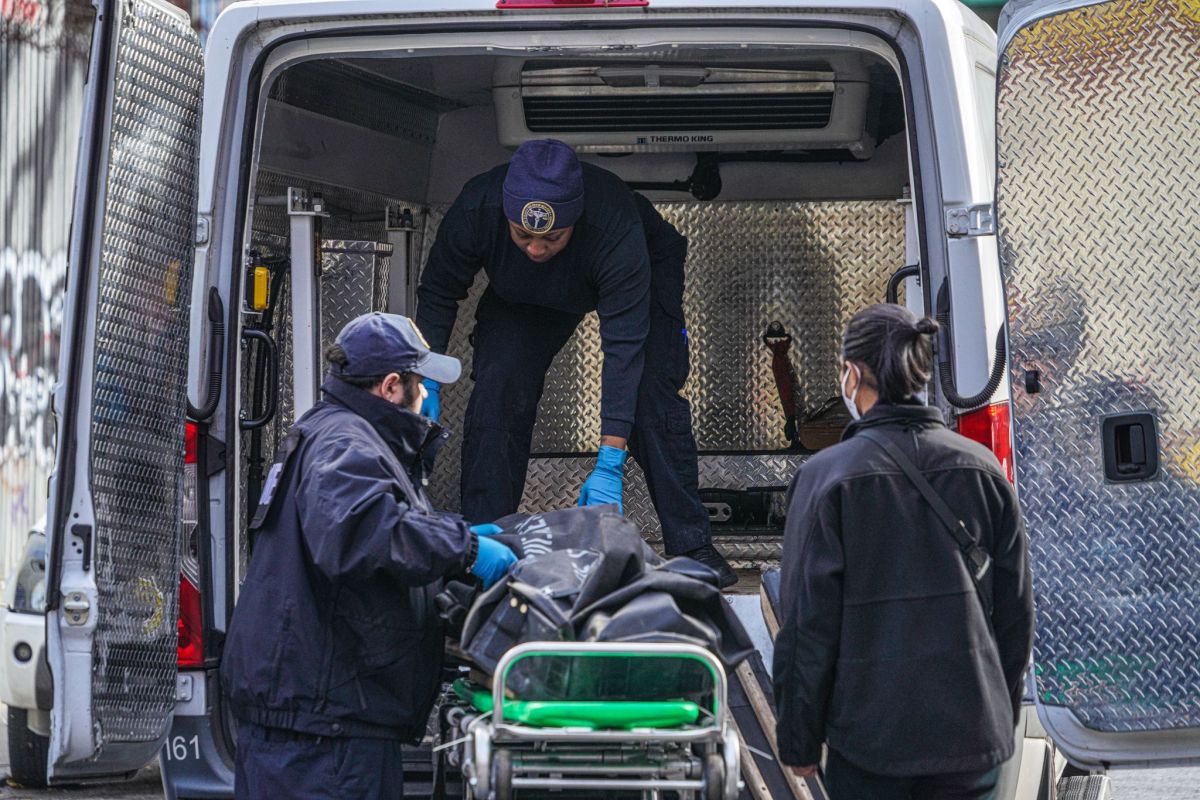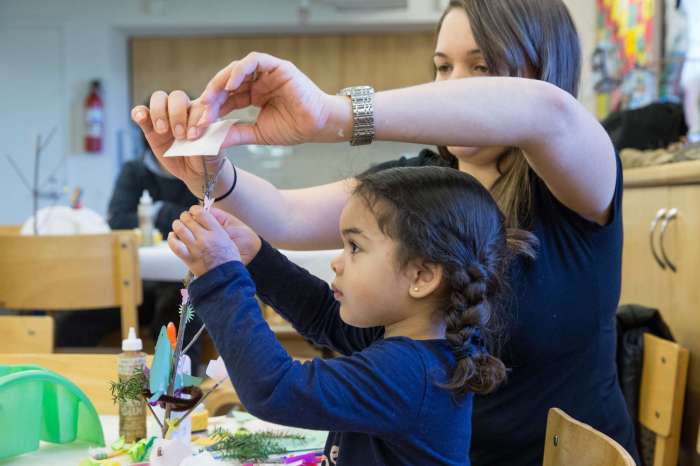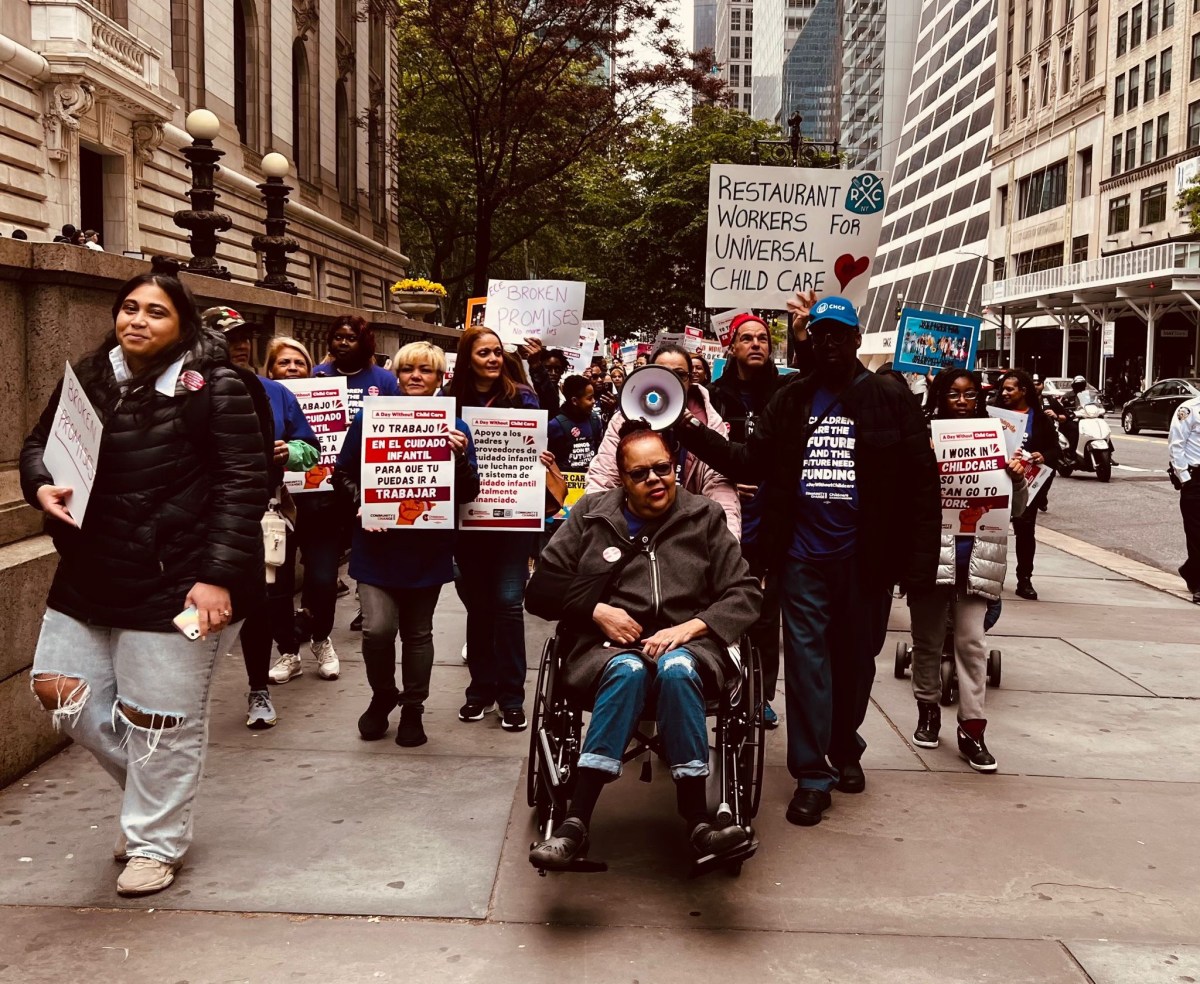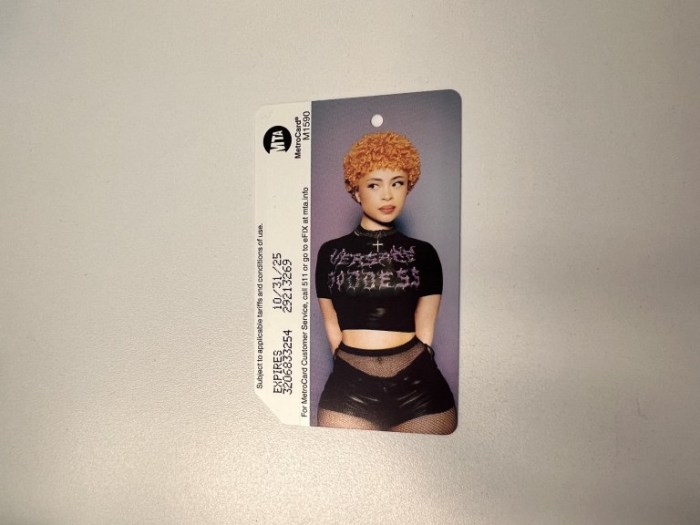Capital One Bank is encouraging financial literacy among Bronx youth.
It has been another successful year for Capital One’s Student Banker Program at the Theodore Roosevelt Education Campus in Fordham.
As part of the ongoing program that began in 2007, 11 high-school seniors are selected to run a functional bank branch in the school building for those who go to school and work there.
The youth people train in Capital One bank branches in their communities in the summer, and have the fall semester to learn more, before spending the spring teaching their peers about financial literacy, said LaKia Williams, part of the bank’s Community Development Banker Team.
“We believe in the peer-to-peer education model when it comes to financial literacy for student banking,” she said. “So our students in turn teach their peer through a Jeopardy-like game that covers basic concepts like budget, credit, and identity theft.”
One of the students who participated in the Roosevelt program this past school year, said that she learned about the importance of saving and how to prioritize her time.
“I had to learn to prioritize my time so in benefits me in the long run,” said Alexandria Fearon of Williamsbridge, who added that the student bankers must keep up in their classes while they are running the bank branch inside the school building.
She also learned tools she can use to set and reach her own goals.
“My goal is to go to college, so I will be able to see what should I save in order to reach my goal in the next year,” she said.
The graduating senior plans to attend the College of New Rochelle, where she hopes to major in Environmental Science with a minor in Sociology.
The bank wishes to share five tips that can help young people achieve financial goals:
• Set financial goals: Identify and write down your short-term and long-term financial goals. Financial goals can include saving for college, buying a car or saving a certain amount for any expenses during your senior year (such as prom, graduation or a senior trip with your friends).
• Develop a realistic budget: Think through how much income you have (from a part-time job, allowance or babysitting pay) and how much you’ve normally been spending. Map out your expenses and income and determine your spending priorities, such as the difference between your wants and your needs.
• Make saving a priority: Most people decide how much they can save after looking at their usual monthly expenses. The trick is to make your savings as important as all of your other expenses. Each month, put away the amount you plan to save first, before you have any other expenses, so it becomes a part of your monthly budget.
• Track your spending: Keep track of any money you spend, especially on non-essentials. Once you take a look at everything you purchase in a month’s time, you may find there are certain costs you can cut back on to save money. For example, packing a lunch at least twice a week instead of eating out could save you almost $20 a week!
• Prepare for the unexpected: Make sure to set aside money for emergency situations or unexpected fees (like car problems or an unexpected school expense).


